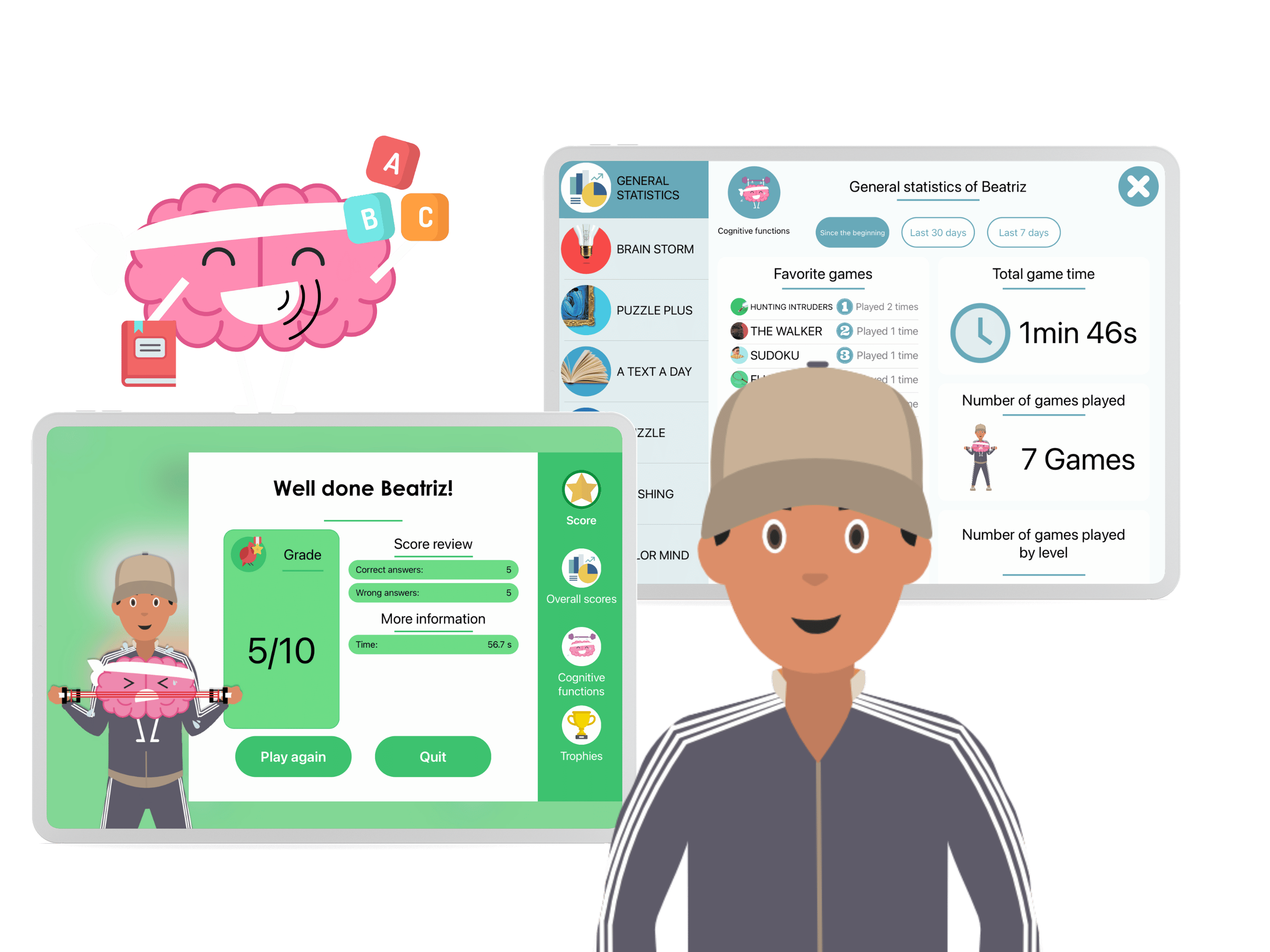Sleep is a vital function for our body, but is it really good for our health and our brain? The answer is a resounding yes. Studies show that sleep plays a crucial role in maintaining brain health, including memory consolidation, mood regulation and protection against neurodegenerative diseases.
Sleep and memory consolidation
Sleep is essential for memory consolidation. When we sleep, our brain sorts and stores the information we have learned during the day. There is evidence that people who get enough sleep have better short and long-term memory than those who don’t get enough sleep. When we sleep, our brain processes new information and stores it in our long-term memory. This means that sleep is crucial for learning and long-term memory.
Studies have also shown that sleep promotes the creation of new neural connections in the brain, which enhances our ability to learn and remember new information. In addition, sleep also helps reduce age-related memory loss.
Sleep and mood regulation
Sleep also plays a crucial role in mood regulation. People who do not get enough sleep tend to be more irritable, anxious and depressed. Studies have shown that sleep deprivation can increase stress levels and reduce the ability to cope with stressful events.
Getting enough sleep is therefore important for maintaining a stable mood and reducing the risk of mood disorders such as anxiety and depression. In addition, sleep can also help reduce symptoms of anxiety and depression in people with these disorders.
Sleep and weight
Sleep and the immune system
Sleep to protect against neurodegenerative diseases
Sleep also plays a crucial role in protecting against neurodegenerative diseases such as Alzheimer’s and Parkinson’s. Studies have shown that sleep deprivation can contribute to the development of these diseases.
Lack of sleep can lead to a buildup of beta-amyloid proteins in the brain, which is a major risk factor for Alzheimer’s disease. In addition, lack of sleep can also affect the production of dopamine in the brain, which is an important neurotransmitter involved in Parkinson’s disease.
Getting enough sleep may help reduce the risk of developing these neurodegenerative diseases and may even help slow their progression in people who already have them.
Tips for quality sleep
Now that we have seen how important sleep is to our brain, it is important to know how to improve the quality of our sleep. Here are some tips for quality sleep:
- Establish a regular sleep routine: Try to go to bed and wake up at the same time every day, even on weekends. This will help your body regulate its internal clock and get more rest.
- Create a conducive sleeping environment: Make sure your room is dark, quiet and comfortable. Avoid sources of light and noise that may disturb your sleep, and use comfortable sheets, pillows and mattress.
- Avoid stimulants: Avoid caffeine, nicotine and alcohol, especially at night. They can disrupt your sleep and prevent you from falling asleep.
- Limit screen exposure: Avoid screens (television, computer, cell phone) at least one hour before bedtime. The blue light emitted by screens can disrupt your sleep by affecting the production of melatonin, the hormone that regulates sleep.
- Exercise regularly: Regular exercise can help you sleep better, but avoid strenuous exercise at night, as it can raise your heart rate and keep you from falling asleep.
- Avoid heavy meals before bed: Avoid heavy meals and alcoholic beverages before bedtime. This can disrupt your digestion and prevent you from falling asleep.
- Take time to relax: Try relaxation techniques such as meditation, deep breathing or yoga to help you unwind before bed.
Train your brain with the CLINT game program
Sleeping allows our brain to consolidate acquired information. During the day it is important to stimulate your brain to increase your knowledge and skills.
The Clint app offers more than 30 fun and cultural games to improve all your cognitive functions while having fun. You can stimulate memory, attention, language and find new strategies. After a good sleep, all this new information will be consolidated and you will be able to use it in your daily activities.

Other articles that might interest you:
How Parents Can Contribute to Teacher Training
As we delve into the realm of education, it becomes increasingly clear that teacher training is not merely a...
Differentiated Instruction Approaches: Training and Practical Application
Differentiated instruction is a pedagogical approach that recognizes the diverse needs of students in a classroom. It...
Key Skills Teachers Need to Support Students with Special Needs
As we embark on our journey to support children with special needs, it is essential for us to cultivate a deep...







